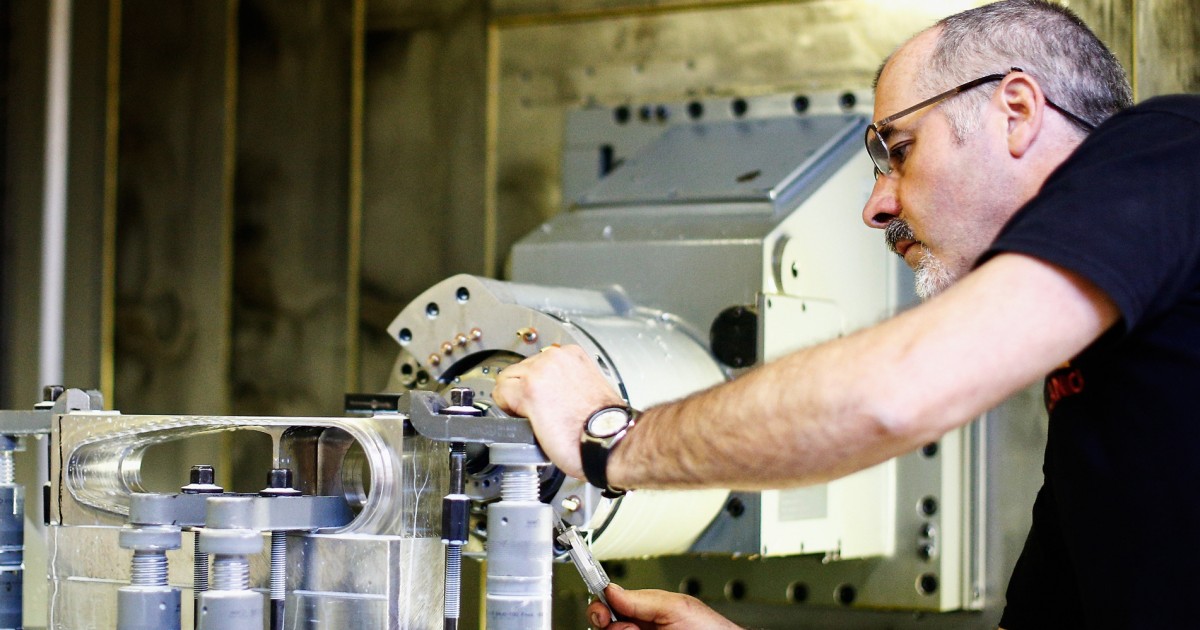
Physical Characteristics
Physical Characteristics refer to the properties of materials and systems that are relevant to space and astronautical engineering. These properties include but are not limited to mass, volume, density, temperature, pressure, and electromagnetic properties. Understanding the physical characteristics of materials and systems is crucial for designing and operating spacecraft, satellites, and other space-related technologies. For example, the mass and volume of a spacecraft determine its payload capacity and launch requirements, while the electromagnetic properties of materials are important for designing antennas and other communication systems. Additionally, the physical characteristics of the space environment, such as radiation levels and microgravity, must be taken into account when designing and operating space technologies.
Your Previous Searches
Random Picks
- Emergency Response: Emergency response in space and astronautical engineering refers to the procedures and actions taken to address unexpected events or situations that may arise during space missions. These events may include equipment malfunctions, medical e ... Read More >>
- Nuclear Power Sources: Nuclear power sources are devices that use nuclear reactions to generate electrical power. In space and astronautical engineering, nuclear power sources are used to provide electricity to spacecraft and satellites that operate in deep space ... Read More >>
- Element: In space and astronautical engineering, an element refers to a substance that cannot be broken down into simpler substances by chemical means and is composed of atoms with the same atomic number. Elements are crucial components in the desig ... Read More >>
Top News

Scientists release plans for an even bigger atom smasher to address the mysterie...
GENEVA — Top minds at the world’s largest atom smasher have released a blueprint for a much bigger successor that could vastly improve research into the remaining enigmas of physics....
News Source: NBC News on 2025-04-01

Scientists release plans for even bigger atom smasher along the French-Swiss bor...
Scientists at the world’s largest atom smasher have released a blueprint for a much bigger successor that could help solve enigmas of physics, starting in the mid-2040s at a cost of about $16 billio...
News Source: ABC News on 2025-04-01

The 'Blaze Star' hasn't exploded yet, but it could soon...
T Coronae Borealis has an outburst every 79 to 80 years, according to NASA....
News Source: ABC News on 2025-03-28
I visited the sprawling 'metroburb' where 'Severance' is filmed. It's a 2 millio...
Bell Works, the real office complex that doubles as Lumon on "Severance," is redefining what an office can be....
News Source: Business Insider on 2025-03-28

We've spotted auroras on Neptune for the first time...
After 34 years of searching, astronomers have finally confirmed Neptune has auroras, thanks to data from the James Webb Space Telescope...
News Source: New Scientist on 2025-03-27